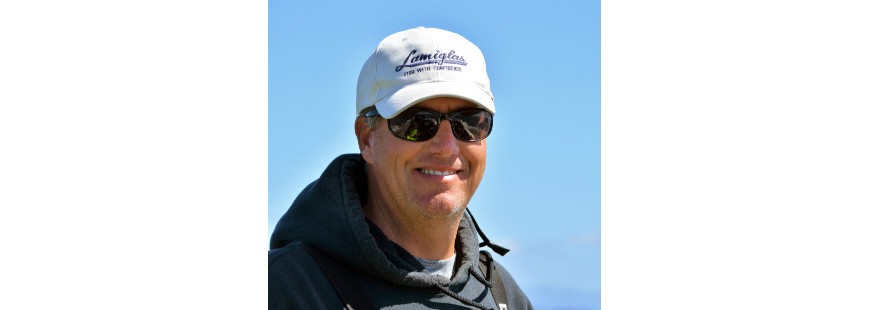The situation at the Malheur National Wildlife Refuge was a frequent topic of discussion at a recent round of town halls that I attended with our Oregon senators, a testament to the harsh feelings that all decisions are made by our most densely populated metro areas, ignoring the needs of rural Oregonians. If you genuinely take the time to hear each other’s concerns, you can see both sides of the equation. I have no idea how to close the gap, and it seems pretty clear to me that this is the case, universally. Oregon Senator Ron Wyden put it best, however, when a young woman asked him, “What is your primary job as a Senator?” Senator Wyden had a one-word answer: listen.
When the spotted owl was first listed on the endangered species list (ESA), I admittedly had a bit of excitement in my soul. I thought that by implementing law to save the spotted owl, we’d be saving habitat for salmon as well. Even though I can’t say I had an authentic care for the declining population of spotted owls, I saw salmon as a direct beneficiary of this action that was necessary to stave off the owls’ extinction. The owl was listed in 1990, just as coho populations were on the verge of crashing.
I still strongly believe ESA has a place in our society given the ecological disaster our species has brought upon the earth. If humans are responsible for extinction rates 1000 times faster than normal, I think most would agree it’s time to have a candid conversation. Given the shenanigans in Washington DC, however, many have lost hope that this much needed civil conversation will ever happen in the near future.
There are some signs of hope, however, such as the collaborative agreements that came through with the Sage Grouse Initiative, which brought ranchers, environmentalists and agencies together to find a positive approach. Then there’s the mass failure of the Klamath Basin Initiative, which had widespread support from tribes, agricultural interests and fisherman that died a miserable death in Congress just weeks ago.
It’s likely we’ve all been a part of some failed conversations. They take a lot of energy to produce meaningful outcomes, but those conversations allow for people to communicate their points of view and that’s critically important to problem solving.
One perspective that’s been quietly brewing in the conservation community and is slowly bubbling up is the importance of these public lands to recreational users. While it is important that ranchers, miners and timber workers have a place to make a living, it’s equally important that the multi-billion dollar ($646 billion in 2012, actually) outdoor recreational community also have fertile and productive lands that produce a product we can harvest, too. But even more important than our jobs is our heritage.
There is so much private land in these United States, that if there weren’t public lands available for hunting and fishing, many Americans wouldn’t get the opportunity to recreate outdoors. I had the privilege of hunting wild boar in Texas before, but for as big as Texas is, there isn’t much public land. If there’s any light in this situation, it’s our ability to re-embrace the idea that public lands are important to our public. But, we do have to find a common sense way for all users to find a solution.
What our policy-makers really need is a crystal ball, a think-tank of experts and stakeholders that see into the future. What will be our greatest problems in the future and how can we address them before they become ignitable, such as this situation on the Malheur National Wildlife Refuge. Of course, with these crystal ball problem-solving sessions, we would have to commit to stave off the disaster.
We seem to have plenty of options to choose from. Our western communities are just starting to understand the value of this with earthquake preparedness. Our local fire department ran a drill a few years ago, preparing us coastal residents for what to do, where to go, when, not if, the next tsunami hits. It’s a strong exercise that will likely save lives. The Association of Northwest Steelheaders has recently worked with The Pew Charitable Trusts to proactively protect unmanaged and unfished forage species. There are a plethora of critical forage fish, such as Pacific saury, Pacific sandlance and some species of squid, for example, that are very important forage for salmon, steelhead, tuna and bottomfish to start. Given the worldwide trend of overfishing these species for chicken feed or net pen tuna or even cat food, how cool are we to lawfully discourage the development (or overdevelopment, if history repeats itself) of directed fisheries on these species?
In the coming year, given the attention as to what’s going on in the Oregon high desert, let’s hope for a peaceful end and an even more peaceful solution to the problems that will face our society in the future.



You’ve captured this peftcerly. Thanks for taking the time!